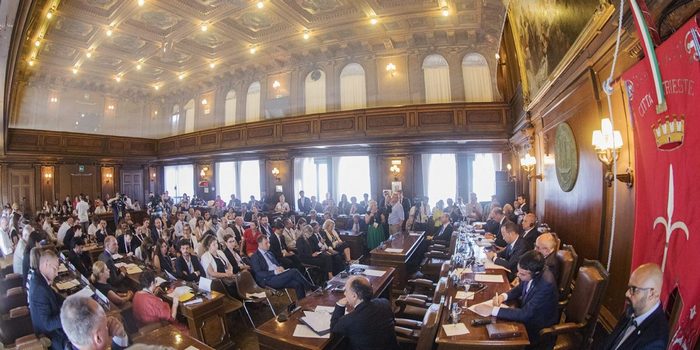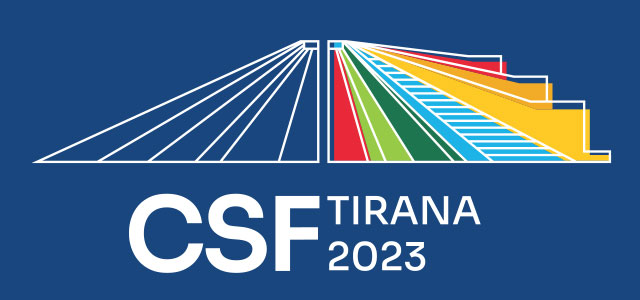Article in Danas daily: Why is civil society part of the Berlin Process and how to best use this?

There are three reasons why the civil society of the Western Balkans is included in the Berlin Process – first, the reforms required for the infrastructure and other sizeable projects of regional cooperation require social consensus, to enable political continuity after power shifts; the consensus is hard to achieve without inclusion in policy creation and implementation of expert associations, organisations advocating for various citizens’ interests, business associations and other non-state actors. The second reason is that civil society often harbours the expertise that may be useful to state administrations, and considerable track record in areas relevant to European integration, and can therefore assist or serve as corrective to the administrations. The third reason why the civil society of the Western Balkans is included in the Berlin Process is its flexibility when it comes to regional cooperation – because while the cooperation of the regional governments is burdened with administrative demands and procedures, the cooperation of civil sector organisations is easily and quickly set up and put to work, which truly connects people.
Due to these three reasons, the need to include the civil society in the Berlin Process has been recognized since its beginning, in the Declaration after the Summit in Berlin, three years ago, and the cooperation of the civil sector and state actors has been given shape one year after that, through the Civil Society Forum of the Berlin Process. In this way, the Berlin Process, as currently the most important format of cooperation of the Western Balkans region with the European Union was added the civic participation component, and the Forum became the central platform through which the region’s civil sector influences the regional political processes.
The inclusion of citizens was not only formal – it yielded concrete results. Hence, the Vienna Summit two years ago brought a Declaration on bilateral issues, followed by two intergovernmental agreements, as a result of an initiative of the civil sector. This year’s Declaration after the Summit in Trieste reiterated the importance of the civil society as “independent, active, engaged and respected partner, contributing to the informed choice of political leaders, policy implementation and a better perception of public opinion expectations”. More importantly, the Declaration’s chapters dealing with topics such as bilateral issues, rule of law, youth cooperation and SMEs development are considerably in line with the Civil Society Forum recommendations, as is the Declaration’s emphasis on the importance of involving the civil society of the region in building of communication narratives to counter extremist and ideological influences.
Still, although the fact that their recommendations were taken into account by the politicians is a success, there is still room for civil society of the Western Balkans to contribute to Europeanization of the region and to establishment of cooperation and ties among states that will diminish the possibility of conflicts, which are the essential goals of the Berlin Process. What else can the civil society do? How to fully use the Civil Society Forum, currently the largest platform gathering civil sector organizations of the region? To begin with, as was proposed by the Balkans in Europe Advisory Group, civil society experts could, in between two Summits, prepare progress reports on particular topics of the Process; these reports with recommendations could be promoted to politicians and to wider public, through the Civil Society Forum. Then, since a more welcoming public opinion would facilitate attainment of the Berlin Process outcomes, as well as implementation of the reforms required for its projects, the experts gathered in the Civil Society Forum could provide support in planning and management of the necessary communications. The Forum should also continue to open the topics that are still not part of the “governmental” part of the Berlin Process, to propose solutions and start initiatives, and put pressure to speed up the now belated implementation of the agreements already made.
Not only the announced continuation of the Berlin Process, the so-called Berlin Plus, but also the distant deadlines of the projects and initiatives produced in the Process so far, which all should connect the region and bring it closer to the European Union – point to the need to plan the civil society involvement in the long run. However, for it to make sense, the civil sector organisations should offer “added value”, in order to qualify for participation in politics, which is yet another task for the regional Forum.
Ana Marjanović Rudan, Advisor to the European Fund for the Balkans and coordinator of the Civil Society Forum of the Western Balkans
